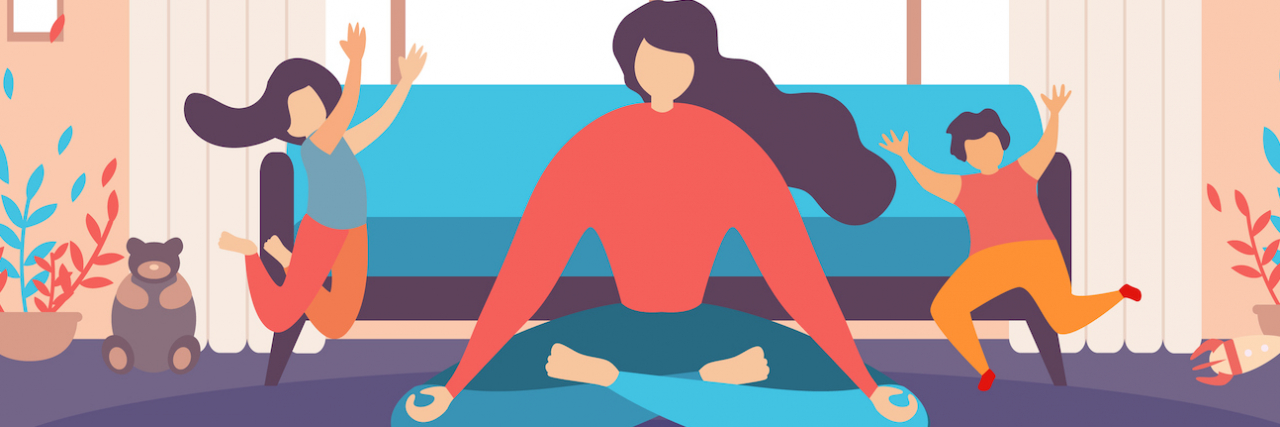I’ll admit it: I yell at my kids. I don’t like to and don’t mean to, but holy hell it’s hard not to lose it when they’re fighting, whining and screaming at me. Yes, they yell, too. I don’t like that either.
I’ll tell them something three or four times, and when they don’t listen, that’s when I raise my voice. But I don’t mean to pin my problem on them. I don’t think I should be yelling as much, and as loud, as I do.
“Research shows that yelling and harsh verbal discipline can have similar negative effects as corporal punishment,” according to MedicineNet. Children who are constantly yelled at are more likely to have behavioral problems, anxiety, depression, stress, and other emotional issues, similar to children who are hit or spanked frequently.
I don’t want to do that to my kids, but why is it so hard for me to not yell? My husband never yells. It pisses me off, although I do acknowledge that the kids are around me more, and they don’t treat us the same way. Why is that? I have so many questions but not a lot of answers when it comes to parenting. Especially when I consider that I’m parenting with several mental conditions. It’s hard and my depression and anxiety often dictate how I parent. I feel so out of control.
At times it seems I’m more frustrated with myself than them, and that’s not fair. And sometimes they cry after I yell, and that breaks my heart into a thousand pieces. I always apologize, but I fear the damage has been done. I talk to my therapist (who also works with children), and she helps me with parenting issues, but it never feels like enough. I’m not enough, not when it comes to my kids.
All I can do is just try not to yell. Practice my breathing when they throw a tantrum or are fighting. I used to count to 10 before I responded in those situations, but my short fuse can make me snap at anything. I can step away from the problem, start acknowledging my triggers and find solutions to them. I’ll do my best to talk with them about bad behavior instead of responding with fury. All this is easier said than done, but I’m desperate to try.
And I’m desperate that they don’t develop depression or anxiety over something I’m doing. They’re already genetically prone to mental conditions (on both sides of the family), so I refuse to take a part in causing it myself.
I can’t stop thinking about their faces when I’ve yelled. I hope I’m only imagining the fear in their eyes. I pray that the good in me as a mom outweighs the bad. A lot of parents feel like they’re failing when it comes to their kids. We just have to do our best and remember that we’re not raising kids, we’re raising healthy adults.
There’s nothing I want more than for my kids to be healthy adults because I’m not one. Even at almost 38 years old. Even after a stint at a psychiatric hospital. Bad habits and behavior are hard to change, and if you don’t do it early, it’ll be so much worse as an adult. Trust me.
But I can do this. I can do hard things. And I start now. Day 1.
Short-term effects of yelling at your kids
- Aggressive behavior
- Symptoms of anxiety
- Behavioral problems (for example, boys are more likely to lose self-control, and girls may react with anger or frustration)
- Withdrawal from the parent
See more about the long-term effects from MedicineNet.
Getty image by Tera Vector

